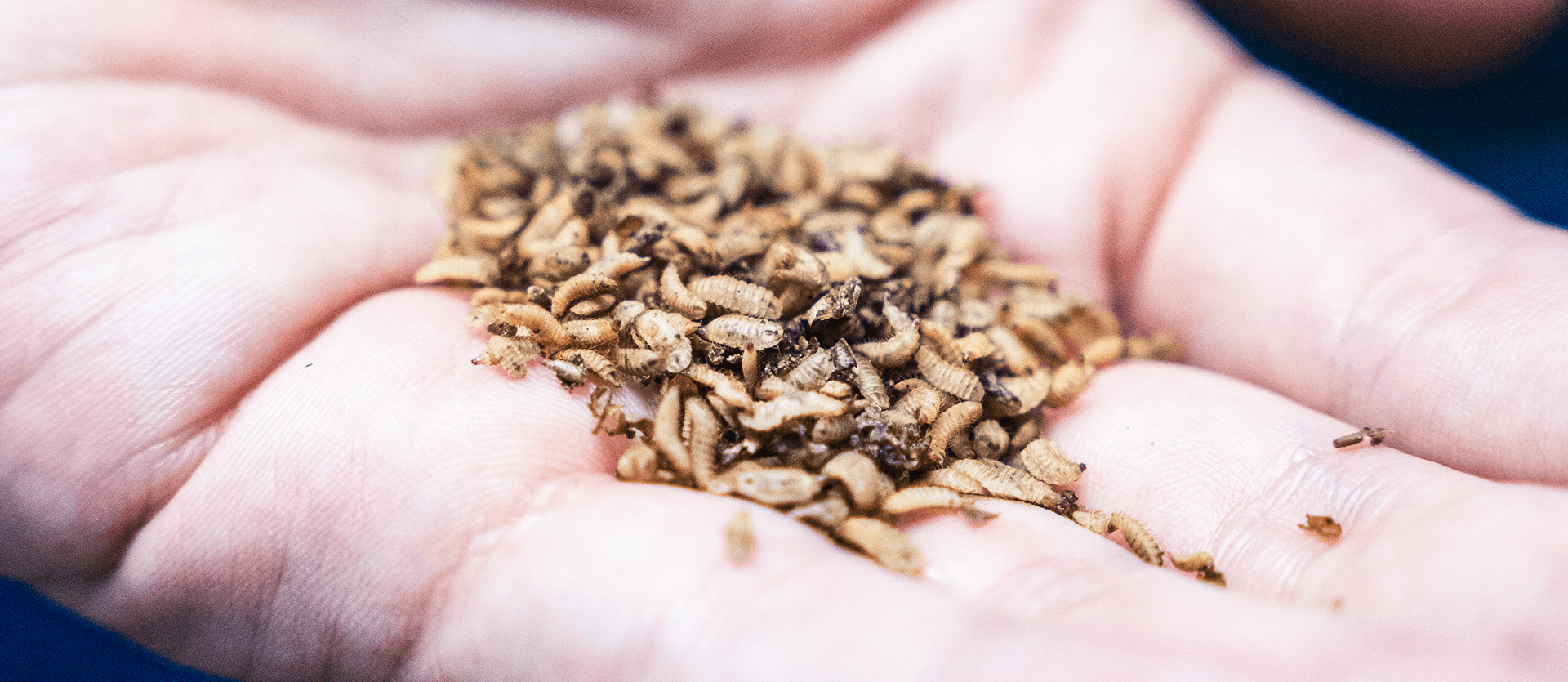On Circularity
Insect Waste Management keeps organic waste in circulation by converting it into high-value insect feed and soil inputs — not landfill or incineration. As global policy shifts toward circular systems, IWM and Black Soldier Fly farming offer a scalable, sustainable alternative for waste management worldwide.

